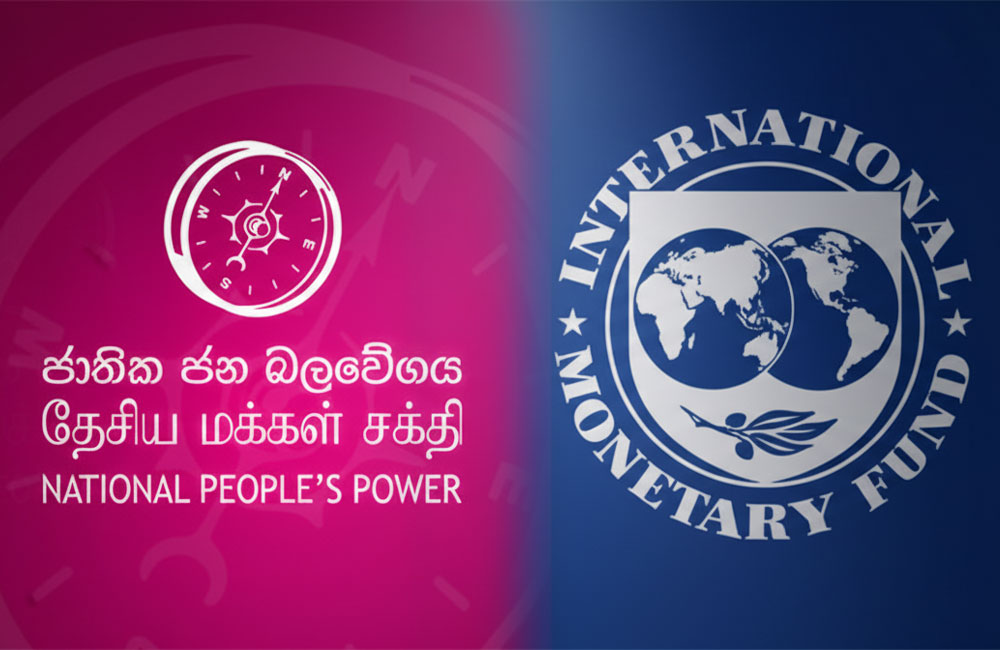Sri Lanka’s hard-won economic stabilisation, secured through the IMF-brokered rescue package after the 2022 collapse, now faces renewed uncertainty as global lenders carefully examine the 2026 Budget presented by the new JVP-led NPP government.
The IMF confirmed yesterday that it is reviewing the budget and assessing whether the administration’s fiscal direction remains consistent with the commitments signed under the US$3 billion Extended Fund Facility (EFF).
IMF Director of Communications Julie Kozack told reporters in Washington that the Fifth Review is expected to reach the Executive Board “in the coming weeks.”
A successful review will unlock the next tranche of US$347 million funding Sri Lanka critically needs to maintain reserves, service external debt, and keep its fragile recovery on track.
A staff-level agreement was already completed on 9 October, but the Fund now needs to verify that key reforms, revenue measures, and fiscal discipline have not drifted under the new administration.
Kozack noted that the IMF’s current assessment focuses heavily on whether the government’s fiscal framework aligns with programme targets, especially given the “structural reforms essential for strengthening Sri Lanka’s growth outlook.”
These reforms from trade liberalisation and streamlined FDI regulation to governance improvements and expanded social protection were central to stabilising the economy after the 2022 crisis. The question now is whether they will continue at the required pace.
Concerns have mounted within economic circles that the NPP government’s policy rollout has been slow, uncoordinated, and often ideologically conflicted.
Analysts warn that a drift away from predictable, rules-based policy implementation could weaken investor confidence, delay external financing, and threaten the hard-earned stability achieved since 2022.
Kozack appeared to underline these concerns subtly, emphasising that protecting vulnerable groups must remain a priority a reminder that fiscal populism, without structural reform, risks reversing progress.
International rating agencies are also watching closely. Fitch Ratings noted this week that while the 2026 Budget technically keeps Sri Lanka aligned with its fiscal reform trajectory, slower revenue growth, lower-than-planned capital expenditure, and risks emerging after the completion of the IMF programme could undermine the medium-term outlook.
The agency said the government still appears committed to reducing debt-to-GDP ratios after exceeding targets under the 2025 Budget, but warned that sustained revenue performance will be crucial.
Economists say the next few months will determine whether Sri Lanka can maintain the reform momentum that pulled it back from the brink in 2022 or whether the new administration’s hesitant, politically cautious approach will place the IMF programme, and the country’s recovery, in jeopardy.
With the Fifth Review nearing its decisive stage, the government’s ability to meet its commitments will shape both investor sentiment and Sri Lanka’s path to long-term stability.

Leave your comments
Login to post a comment
Post comment as a guest